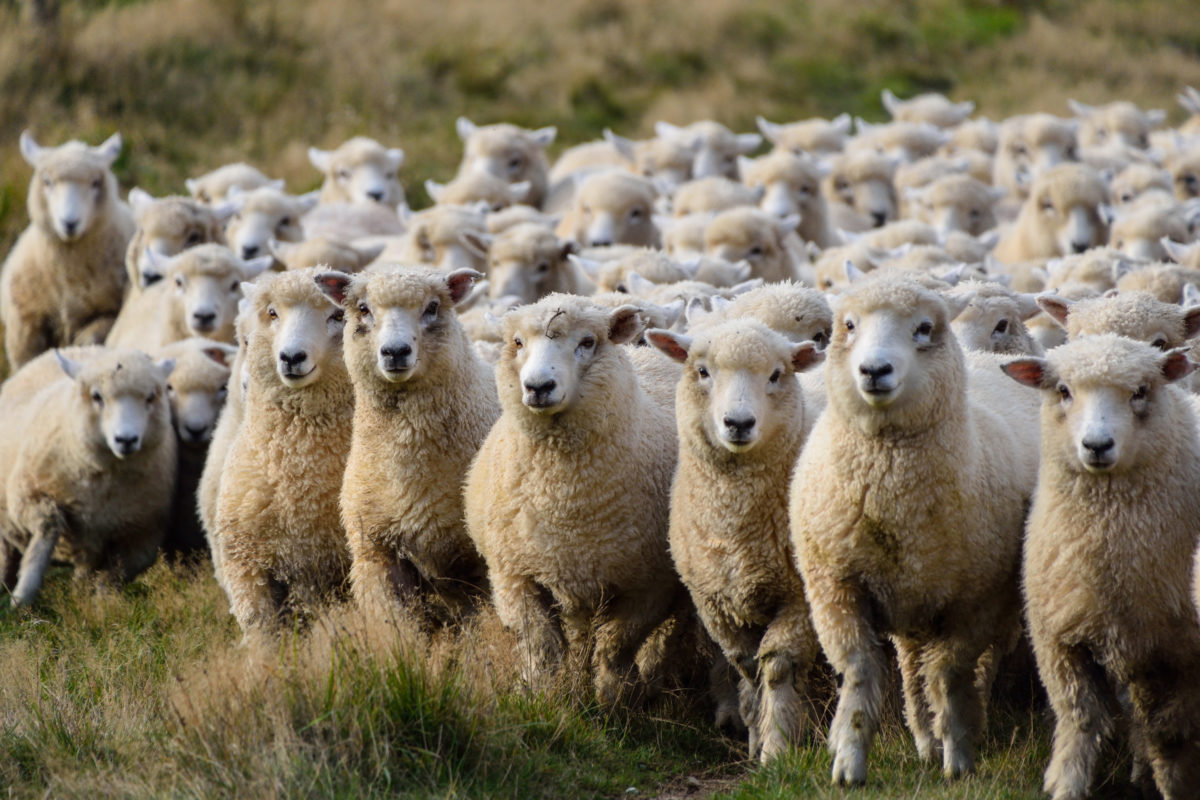With the ram-buying season under way, commercial farmers are the first in the world to be able to include low methane emissions in their selection criteria
A research breeding value for methane emissions was launched in November 2019, the outcome of a 10-year breeding programme funded by Beef + Lamb New Zealand levy payers through the Pastoral Greenhouse Gas Research Consortium (PGGRC) and the New Zealand Agricultural Greenhouse Gas Research Centre.
AgResearch scientist Dr Suzanne Rowe, who has been leading the research programme, says for ten years the research team has been running two closed flocks side-by-side, a low methane emitting flock and a high methane emitting flock.
These selection lines were created through methane screening of the B+LNZ central progeny test flocks, and AgResearch’s Woodlands research flock.
Dr Rowe says that, on average, they have created a difference in methane emissions between the two flocks of 11% per unit of feed eaten, but most importantly, it appears there is a no difference in the health, productivity or profitability between low or high emitting sheep.
“We are seeing more lean growth, carcass yield and wool production in the low methane sheep without any negative trade-offs.”
This breeding programme, which confirmed that methane emissions were heritable, allowed for the establishment of a research breeding value for the trait which was incorporated onto Sheep Improvement Limited database last year.
Stud breeders have been embracing the opportunity to measure the methane emissions in their stud animals through AgResearch’s portable accumulation chambers.
Southland ram breeders Leon and Wendy Black were among the first commercial stud breeders to invest in measuring methane emissions and generating methane emitting EBVs their Blackdale stud rams.
Leon says as a ram breeder, he is breeding now for his clients’ needs five years down the track and while as yet, there are no economic incentives or market signals for breeders or commercial farmers to breed low methane sheep, he believes it is just a matter of time.
Leon believes genetics are the most effective way of meeting the sector’s emission reduction targets.
“The most cost-effective way for the sector to reduce its emissions is to lean that way and breed animals that produce 10% less methane.
“It takes time but you’ve got to make a start and I learnt a long time ago that you are more likely to improve something if you focus on it than if you don’t.”
Source: Beef + Lamb NZ












